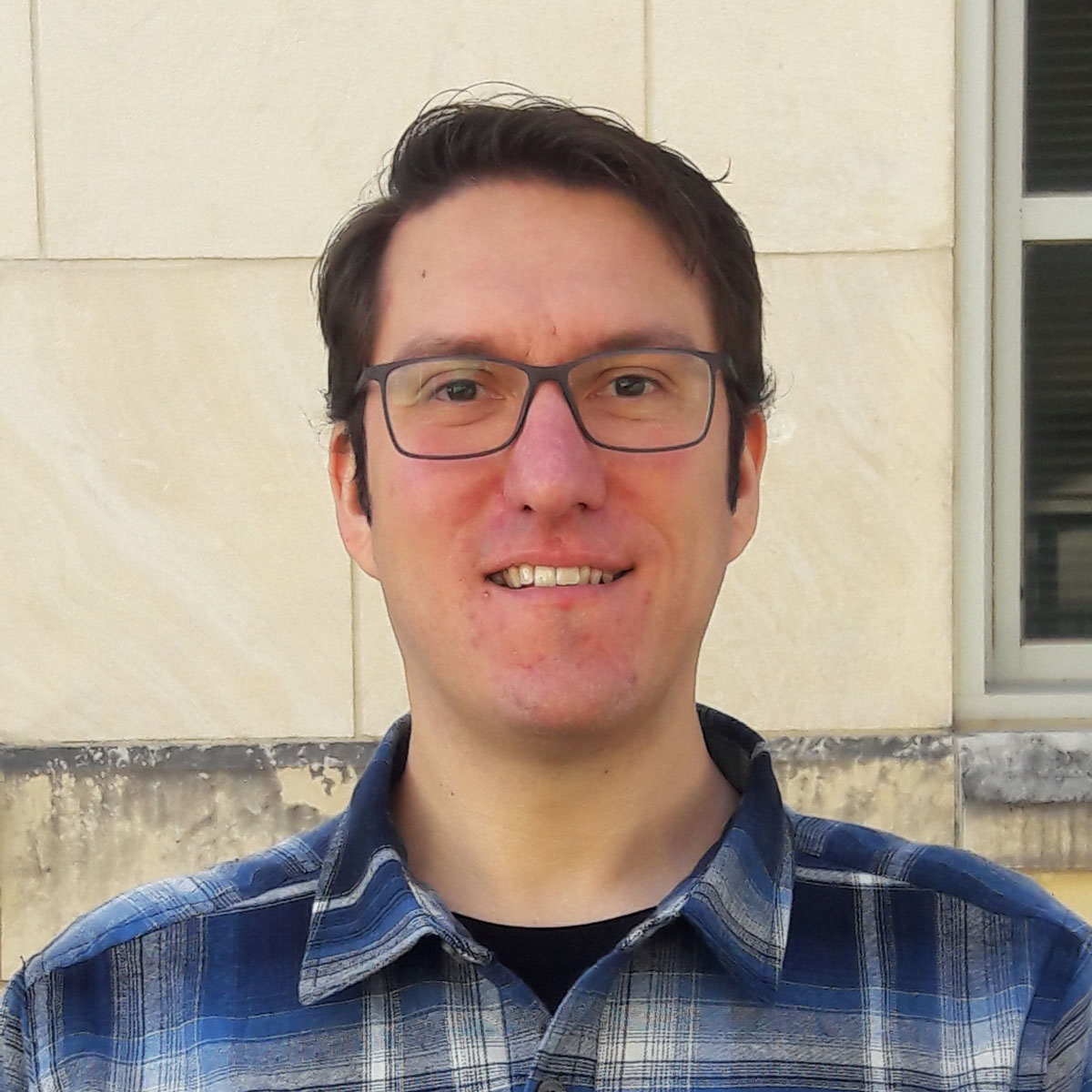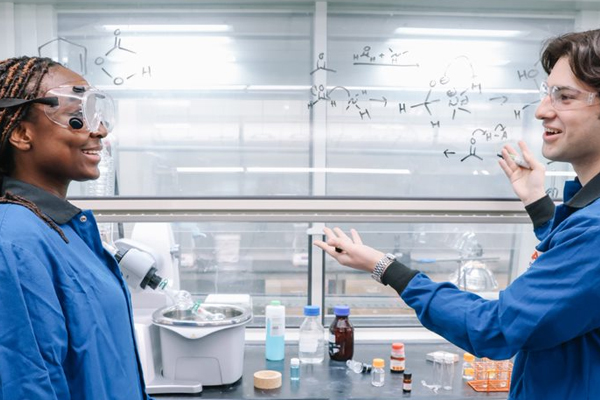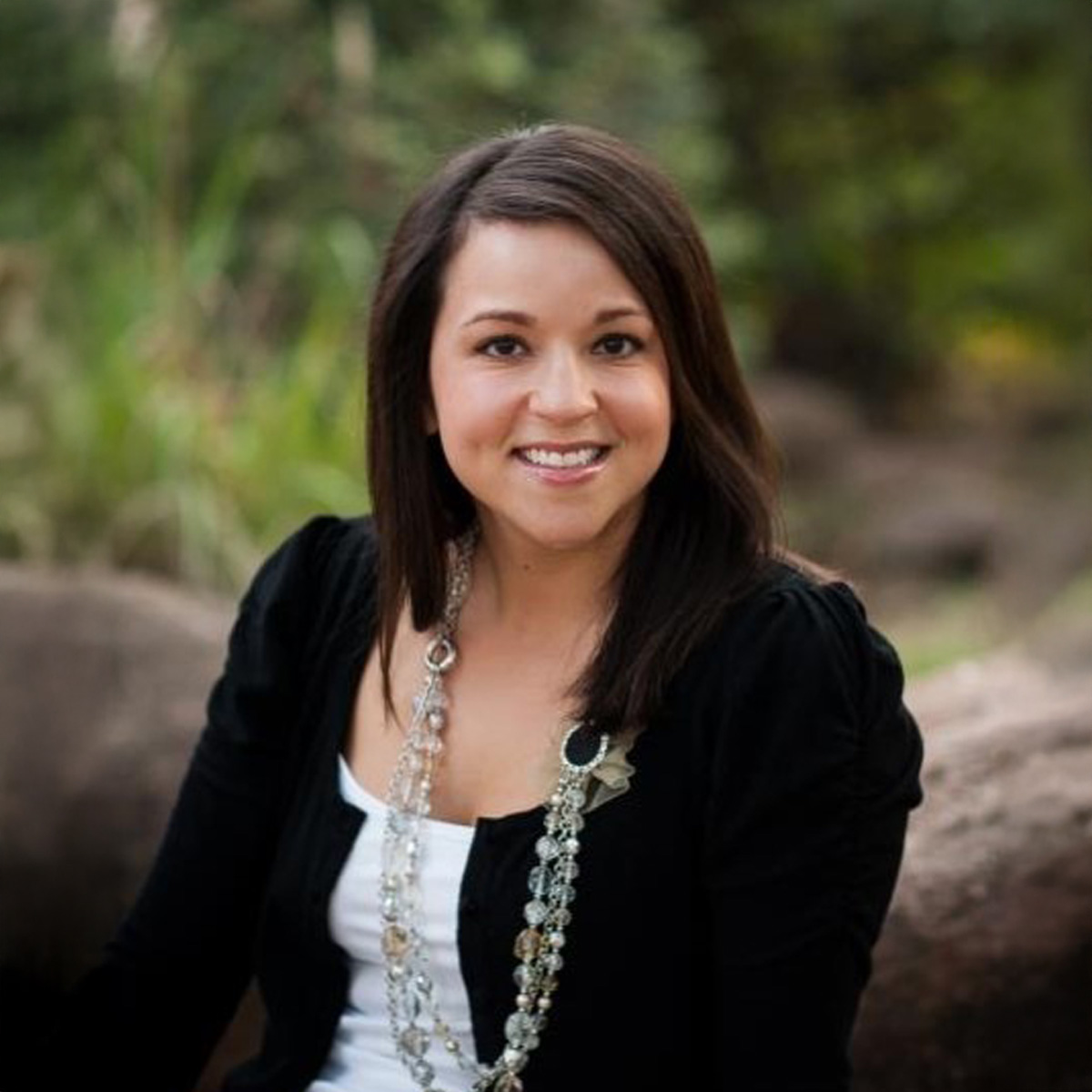Posted on January 11, 2022 by College of Sciences

Ian Davis, Ph.D., Department of Chemistry
What did your journey to UTSA look like and are you fixed-term track or tenure track?
While working towards my undergraduate degree, BS in Chemistry, at Georgia State University, I joined Dr. Aimin Liu's laboratory as a volunteer. I quickly became enamored with the metalloenzymology research being done there and applied to the graduate program. While pursuing my PhD, Dr. Liu and his lab moved to UTSA. Since I had already completed my graduate coursework and qualifying exams, I came to UTSA as a visiting researcher to finish my dissertation. Upon earning my doctorate in chemistry with a focus in biophysical chemistry, I was promoted to a fixed-term Assistant Professor of Research in the Department of Chemistry.
What do you enjoy most about your area of study?
The research done in the Liu Lab focuses on metallobiochemistry and enzymology. We study enzymes, biomolecules that mediate the chemical reactions necessary for supporting life. The most exciting part of the research is uncovering the strategies nature uses to harness molecular oxygen to perform oxidation and oxygenation chemistry.
Tell me about your new role in the U.S. Army as a commissioned Biochemistry Officer. What will your job roles be and when will you start?
I will be stationed at Ft. Detrick, working in the U.S. Army Medical Research Institute for Infectious Diseases.
What are some of the most notable research projects that you've been involved in?
My dissertation research involved studying the reaction mechanism of an enzyme that is involved in breaking down tryptophan (an essential amino acid). When I started, only bacterial versions were available for study; however, we were able to use our findings on a bacterial version to identify the human enzyme (DOI: 10.1074/jbc.RA118.003320).
What is your proudest moment with the COS?
One of our projects involved using unnatural amino acids labeled with fluorine to study an enzyme mechanism. We found that the enzyme was able to break the carbon-fluorine bond, one of the most stable bonds in organic chemistry (DOI: 10.1038/s41589-018-0085-5). This unexpected finding was highlighted by UTSA Today, Science Daily, and ultimately led to a segment for KLRN SciTech Now on PBS.
What do you enjoy most about your job?
My favorite part of working at UTSA is watching students and coworkers develop and mature into exemplary scientists.
How would you spend your ideal Saturday?
My ideal Saturday starts with run on the greenway at dawn followed by two eggs over medium on toast and a large mug of dark roast coffee for breakfast. I would spend time catching up with my friends back in Georgia and end the day with dinner on the River Walk.
What are your book recommendations?
I am a fan of forward-looking books, whether they are cautionary in nature like 1984, Brave New World, and Robopocalypse, or more imaginative, like Neuromancer or A Fire Upon the Deep.

Explore the Chemistry Department!
Promoting scientific literacy through creative research and advances in education, including collaborations within and beyond the university. Students have access to strong research programs, state-of-the-art resources, and competitive financial support.
Recent Chemistry Spotlights
View More Spotlights



